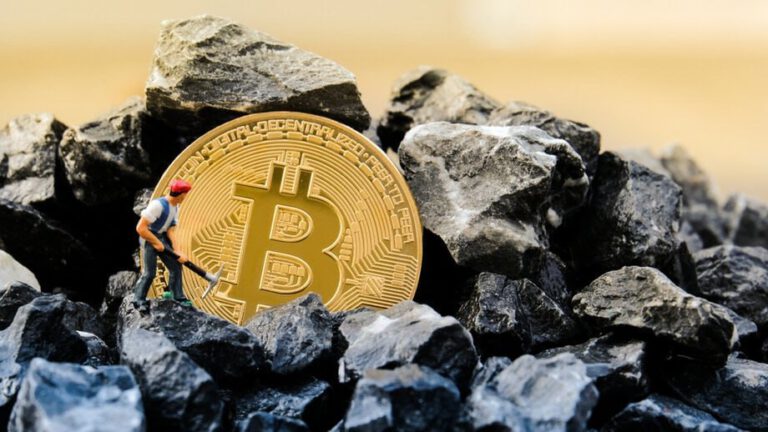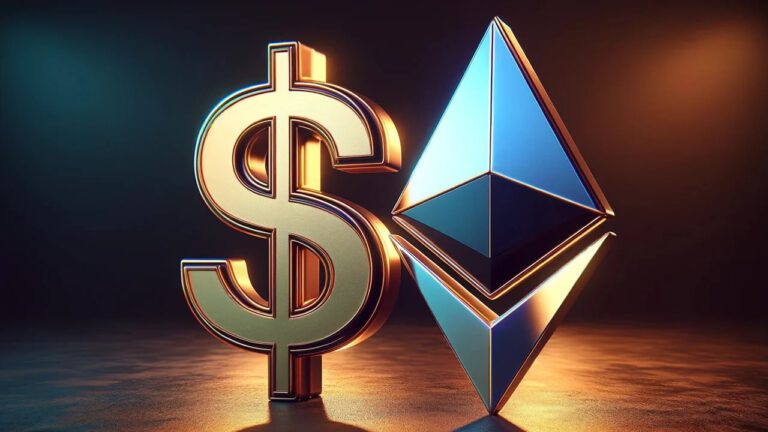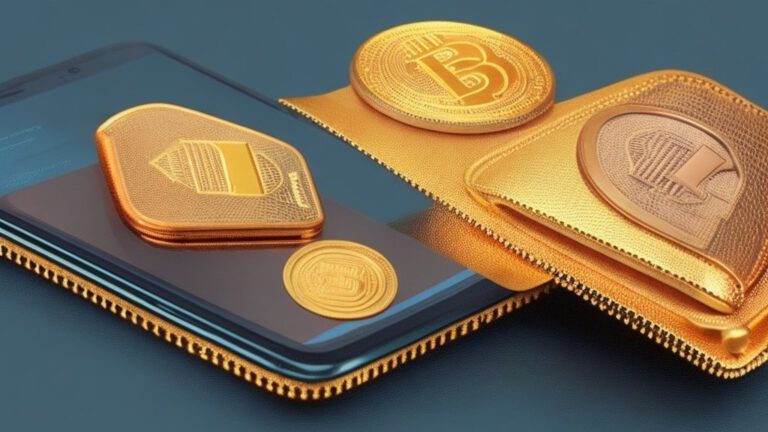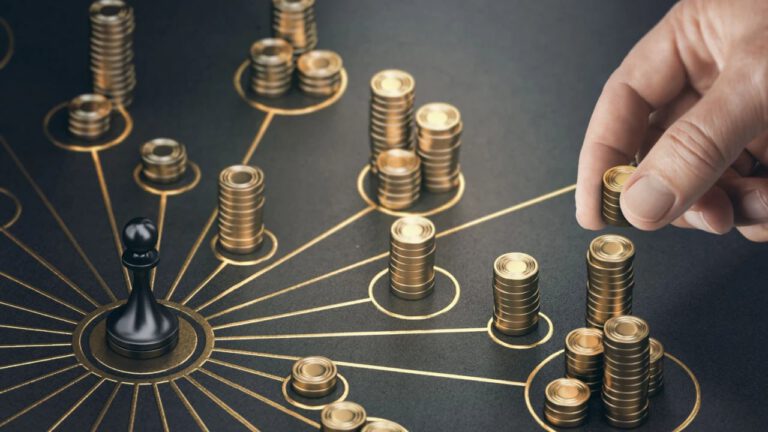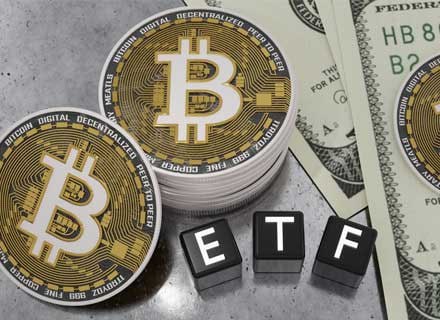Typing an incorrect address or choosing the wrong option from a drop-down menu of previously used addresses is a common occurrence that requires a moment of thought.
Even the confusion of sending funds to the contract address of the token instead of the destination wallet address is a common mistake. All these cases can happen, but if you’re reading this article, you probably already suspect that you sent money to the wrong address.
**What can be done about it?**
Well, if you notice it in time, you can cancel the transaction while it’s still pending. When you send a transaction on the Ethereum network or a network compatible with the type of currency, part of the gas you pay is an amount offered to validators on the network to process your transaction sooner than others – this element is known as the priority fee. Although many types of wallets will assist you in calculating the gas fee and give you the option to choose a reasonable range for your transaction to be included, in case you manually choose, it’s likely you’ll have to wait a long time if you request to transfer the transaction at a “gas” low price. For a quick check of gas prices that will transfer your transaction within a reasonable timeframe, please refer to links such as Etherscan’s gas table, or one of the useful tools for whichever network you’re using. But again, if you’re here and reading this article, you should make sure the transaction hasn’t been transferred yet.
Remember – you can always check the history of transactions that left your wallet if you’re unsure where you sent the funds. If you know the party you sent them to, you can reach out to them and see if they’d be willing to send the amount back to you (this can be proven using scanner sites like Etherscan).
**What if I sent tokens/coins to the token’s contract address?**
Unfortunately, there is no guarantee that someone will be able to recover your coins or money in case the amount was sent to a contract address. A contract address is not a repository of tokens; it’s actually a computerized program, a set of code that performs some function automatically on the blockchain, hence the name – smart contract.
Some contracts represent addresses that can receive tokens. If you tried to add a new token to your wallet, one thing you’ll notice is the field asking for the token contract address. The address refers to the location of the smart contract that actually manages the balance of balances, supply, and total supply. You can usually find the addresses on any blockchain’s Scanner or on sites familiar to all of us like Coingecko or Coinmarketcap.
This address is not attributed to the address that holds your personal coins! The contract address is needed so your wallet can identify exactly which token you mean, ensuring there is no deception related to the contract you’re facing. In this case of sending to the original contract address, you may be able to file a request with the team developing the token or managing the project, and they may be able to return the tokens and coins to you. However, some projects don’t have customer support, which is another feature of internet decentralization.
**Why can’t wallets like MetaMask and TrustWallet just reverse the transaction or return the value to me?**
These wallets are not a bank, and were intentionally created as Non-custodial wallets – in other words, “we don’t keep your data”. This is a crucial and important security feature in building a personal infrastructure in the crypto market, and it is a feature inherent in the nature of blockchain technology. **BYOB – Be Your Own Bank** – **you** are the custodian of your money. For this reason, wallets continuously remind: **never share your secret recovery seed phrase with anyone.** If you do, that person will have full access and control over all your accounts and currencies.
To be clear: **Transactions are not reversible once they become final – you cannot “cancel” or “reverse” a transaction after it has been confirmed by the network.** “I reached out to the wallet team and they sent me a request, then a “representative” DMs me asking for access to my account to help me, can I trust them?”
MetaMask or TrustWallet will never DM you, and will never ask for your 12-word recovery seed phrase; if someone does, they are likely trying to take advantage of your trust in order to take your money, and you should ignore the request. It’s important to note – the seed phrase is created and intended in such a way that you never need to share it with anyone. Such attacks are called phishing and they target precisely these vulnerabilities and exploit the gap to attack the target; with phishing attacks, it’s not a matter of who will fall for it but when.
If you have any other questions, feel free to reach out to us for assistance through any of our communication channels and we’ll be happy to guide you towards a safer and more accessible journey.
